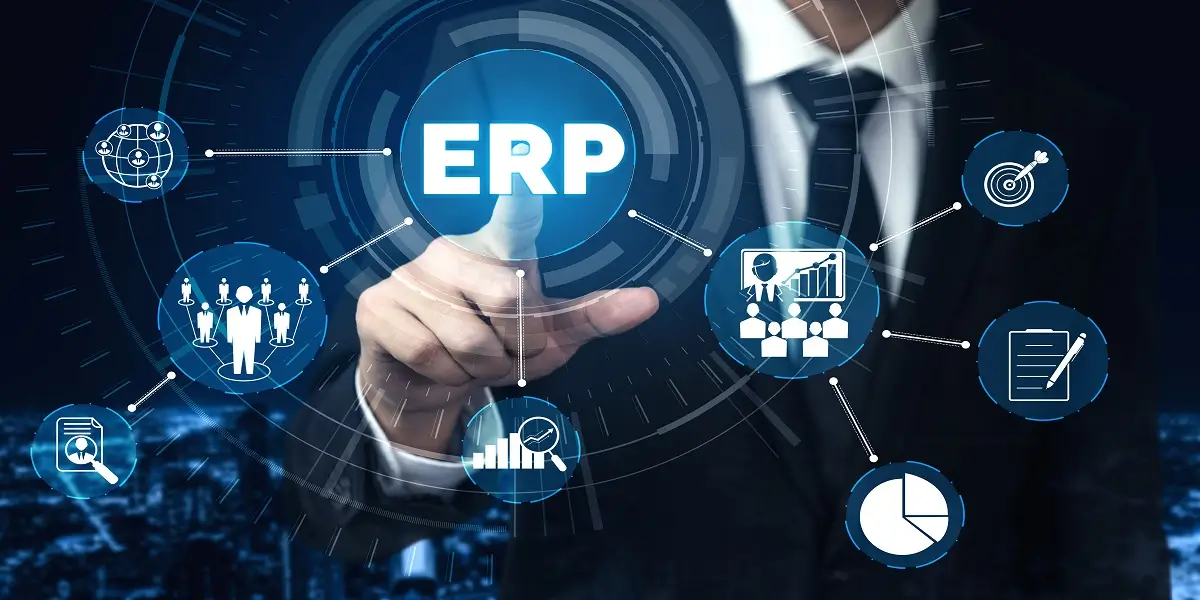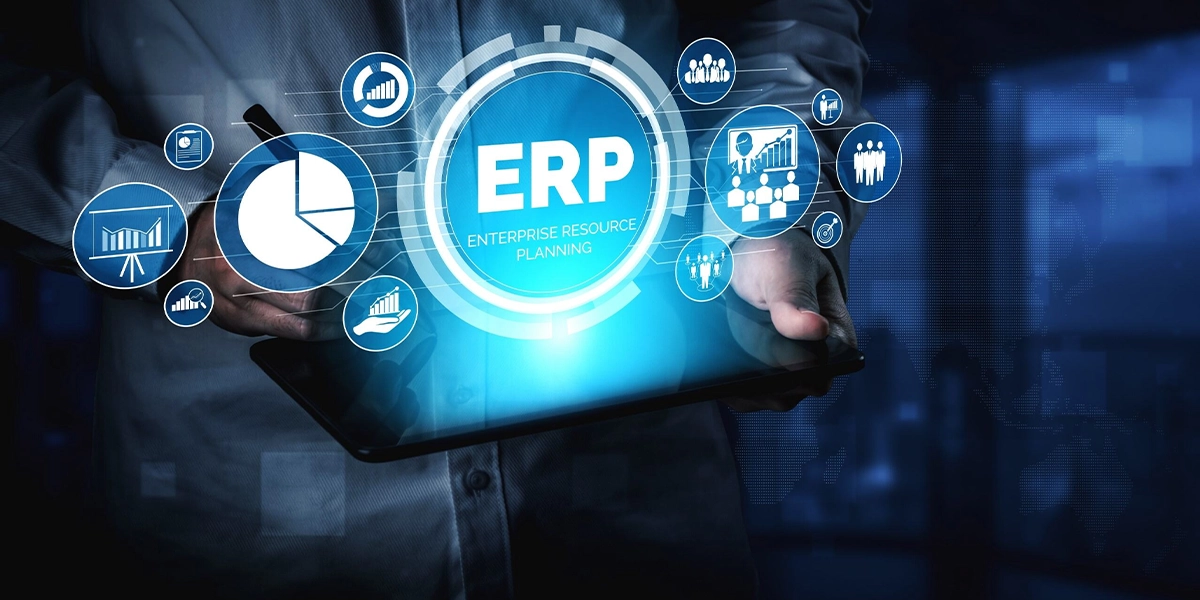Planning a wedding involves more than just creativity and coordination. For wedding agencies, each event is a detailed financial operation, involving supplier deposits, client installments, venue retainers, decor hires, freelance staff, and tight schedules. Without integrated systems, managing these elements becomes difficult. Spreadsheets and standalone apps often lead to missed payments, VAT reporting mistakes, and poor cash visibility. At Apex Accountants, we work closely with UK wedding planners to improve financial control through technology. We specialise in ERP integration for wedding planning businesses, setting up event-based accounting structures that connect seamlessly with event‑management platforms and cloud accounting software. This approach helps agencies track revenue, costs, and profits for each wedding while staying compliant with VAT and Making Tax Digital rules.
In this article, we explain how ERP and accounting software for wedding planning agencies work together to support financial reporting, reduce manual errors, and improve decision-making. We cover how the integration functions, what features drive real results, and what common mistakes it helps to prevent.
Why integration matters for wedding agencies
Weddings operate as separate projects with unique pricing, supplier arrangements, and cash flow patterns. ERP tools support this structure. When the ERP links with Xero, QuickBooks, or Sage, every project pushes financial data directly into the accounting ledger.
This lets agencies track:
- Deposits received
- Staged client payments
- Supplier invoices
- Hire costs for décor and equipment
- On‑site staff hours
- Venue charges and retainers
Each figure sits under the correct wedding project, allowing for clean reporting and fewer year-end adjustments. Using integrated accounting for wedding event agencies improves data accuracy across bookings, payments, and VAT.
Specific Functions That Create Value
1. Automated deposit and instalment tracking
Wedding agencies often take 20–30% deposits with staged balances. Integrated systems post each installment for the correct job and match it against supplier payment dates. This prevents cash shortages before final client invoices clear.
2. Supplier invoice allocation
Florists, caterers, photographers, venues, and rental companies send multiple invoices with varying deadlines. The ERP assigns each invoice to the correct wedding. The accounting software for wedding planning agencies then records VAT, due dates, and outstanding balances with full audit trails.
3. Inventory and hire-stock monitoring
Agencies that own decor, furniture, lighting, or AV equipment need accurate stock data. An ERP tracks quantities, damage, replacements, and hire availability. Costs link directly to accounts for depreciation, repairs, and replacement purchases.
4. Staff scheduling and payroll links
Events often use freelancers, assistants, and coordinators. ERP systems track hours per event. These hours pass through payroll systems to match labour costs for each wedding, giving planners accurate profit-per-event figures.
5. Real-time VAT accuracy
Wedding agencies deal with mixed supplies. Some items are standard-rated; others vary by service. Integrated accounting for wedding event agencies applies correct VAT codes and submits MTD-compliant returns with minimal manual input.
Case Study
A growing wedding planning agency in Surrey managing over 30 high-end weddings annually faced serious challenges with its financial systems. The firm used separate tools for event coordination, invoicing, and stock tracking, which resulted in missed supplier payments, duplicate data entry, and unclear profitability per event. VAT was applied inconsistently, and staff spent significant time manually reconciling figures across platforms.
Apex Accountants implemented a full integration between Zoho One (used for event planning, inventory, and vendor contracts) and Xero (used for accounting and MTD VAT compliance). We introduced a project-based chart of accounts to separate income and expenses per wedding. Client deposits and staged payments were auto-mapped, supplier invoices were coded accurately, and decor stock was tracked live. We also set up monthly reports that gave directors clear profit-per-event insights.
The results were immediate. The team consistently met supplier deadlines, reduced admin time by 40%, and enhanced client payment collection through automated reminders. Most importantly, the agency increased its average profit margin by 18% in six months while staying fully compliant with HMRC rules. The integrated system gave the team full visibility and control over each event’s financial position.
Our Role in ERP Integration for Wedding Planning Businesses
Apex Accountants sets up event‑based accounting structures for UK wedding agencies. Our team:
- Builds chart‑of‑accounts tailored to wedding projects
- Connects ERPs such as Odoo, Zoho, and Lab Event with Xero or QuickBooks
- Sets accurate VAT mapping for supplier and client invoices
- Monitors financial data during live events
- Produces profit-per-wedding reports for better pricing and supplier negotiations
Integrated systems give wedding agencies clear financial control and more accurate reporting. Contact us today to set up a fully connected event‑finance system.









